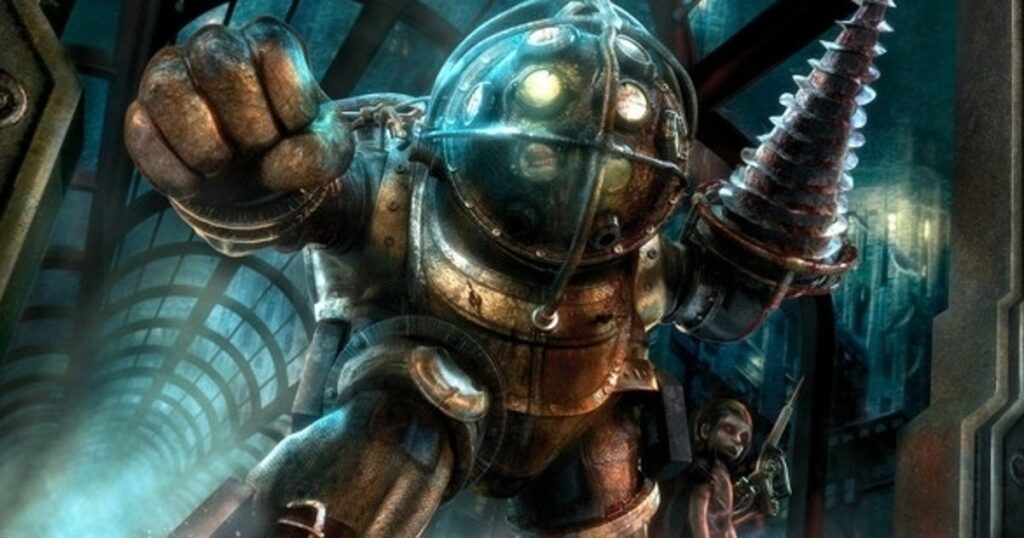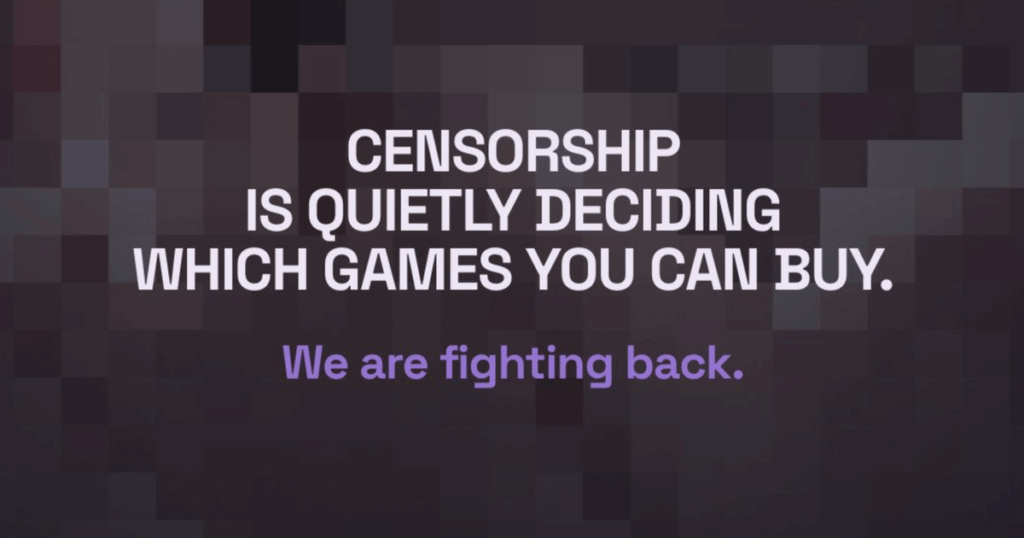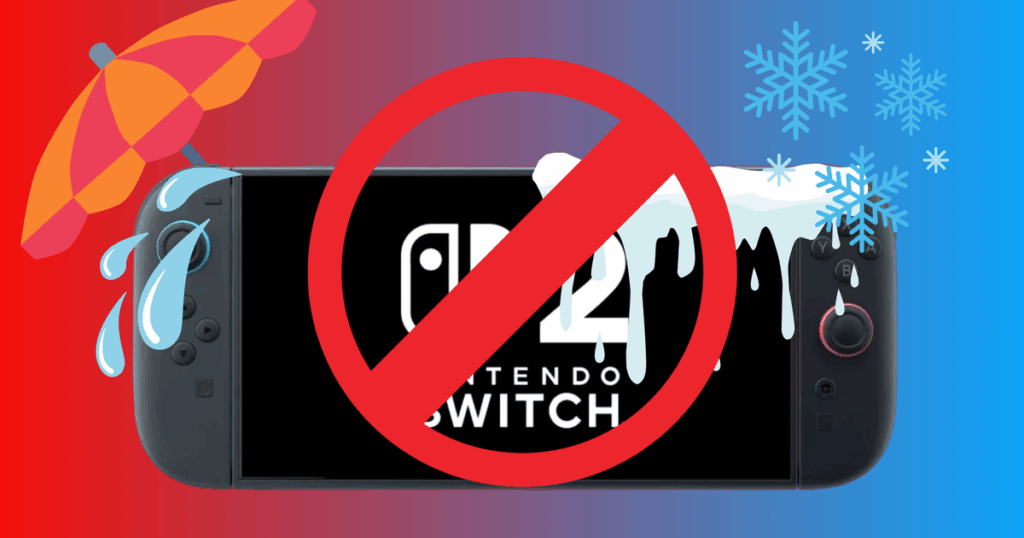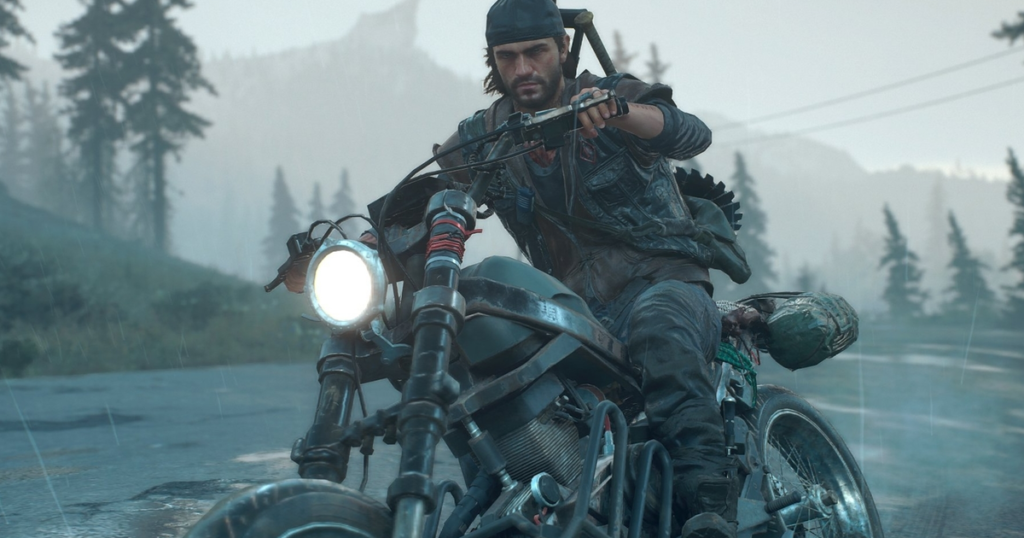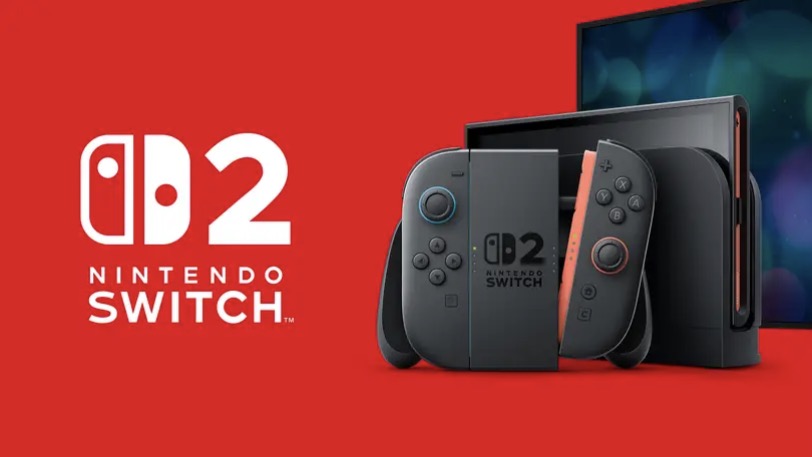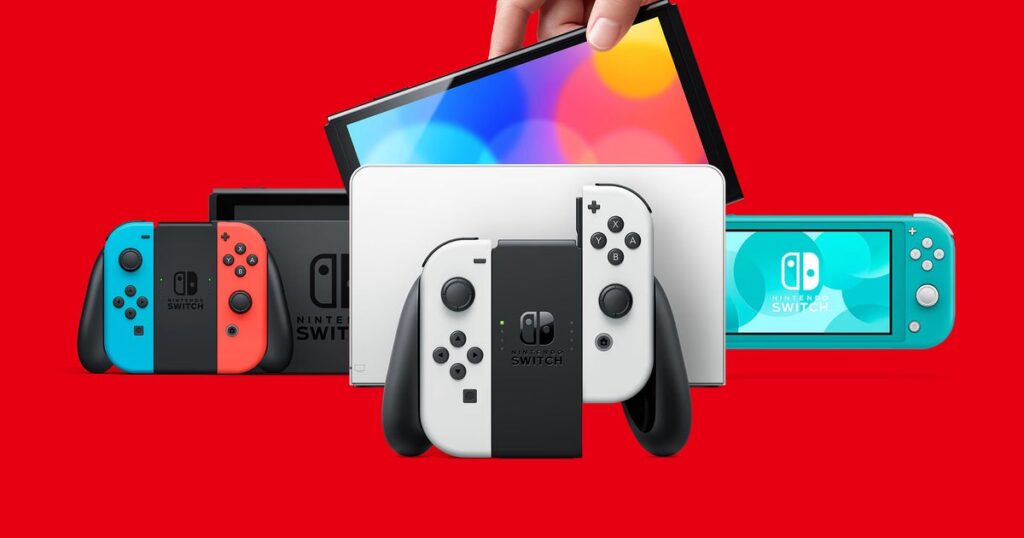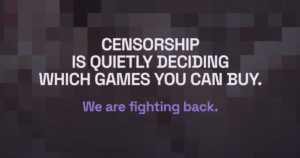Released in 2023, Mundfish’s first game Atomic Heart has just reached 10 million players – a milestone the studio uses to promote its game investment initiative Powerhouse, which aims to be different both from both traditional game publishing and studio-to-studio funding like Innersloth’s Outersloth fund.
During this past week of showcases and livestreams, Mundfish revealed its first game from Powerhouse – horror survival-shooter Ill – as well as in-house games Atomic Heart 2 and The Cube. According to Video Game Insights, all three games were among the top six most wishlisted titles to come out of Summer Game Fest.
GamesIndustry.biz caught up with Mundfish ahead of those reveals to find out more about Powerhouse’s plans for the future. This conversation was partially translated from Russian by Mundfish’s director of communications Christina Omelchenko and has been edited for clarity.
Mundfish has called Powerhouse many things – an initiative, a source of support, or even “the A24 of games” (not the first company to invoke the well-known film studio in this way, and unlikely to be the last), but what Powerhouse isn’t is a publisher.
Instead, Powerhouse wants to offer a breadth of services, inspired by the help Mundfish lacked when the studio was starting out.
“We always envisioned Atomic Heart to be a big AAA project, but we didn’t necessarily have the expertise to do that,” CEO Robert Bagratuni says. Bagratuni and his team were completely new to game development and had to learn how a game studio functions, but their vision was big – a combination that was bound to make publishers wary.
“Before entering into investment discussions, we already had a demo of 2 to 3 hours [for Atomic Heart]. To be honest, it was completely different [from the final game], and it was reworked several times,” Bagratuni says. “We changed our combat system, we changed the level design, [we] changed the storyline. It was a completely different game, but that doesn’t mean that the demo was bad, it just meant that we didn’t have everything we needed to realise our full vision.”
The fact that Mundfish was an ambitious but essentially unproven studio explains its eclectic mix of funding partners, some of them from outside the gaming industry.
As a Russian studio now based in Cyprus, Mundfish has been backed by Russian investors. While these investments had been made prior to Russia’s invasion into Ukraine, this, combined with the studio’s refusal to denounce the war, led to speculation that some of the funding for Atomic Heart comes from sources supporting Russia in the ongoing conflict.
Now, following the success of its first and so far only game, Mundfish wants to essentially give back in its own way, by funding studios that are in the same position it found itself in – eager to develop AA to AAA-size projects, but still in need of help to actually pull off such a large project.
“As a publisher, taking a bet on a developer is sometimes like taking a bet at a casino, you don’t know if they will deliver or not,” Bagratuni says.
“As we see the state of the market right now, it’s a problem that some of the big players who make investments in big projects are simply not interested in supporting smaller projects. Publishers on the other side maybe only want to risk one to three million dollars.
“But what about projects that need 10 to 15 million dollars? That is going to be very difficult to secure, because nobody knows whether this team will deliver or not. We see this opportunity in the market to support those developers.”
The amounts of money Bagratuni cites do pose a significant risk for publishers, specifically given how the state of the industry has led investors to be more averse to risk. So, how does Powerhouse justify that risk of investing large sums of money in untested studios?
“I’m an investment and business guy, I come from venture capital,” says Mundfish chief strategy and investment officer Igor Poldyaev. “I used to look at projects from a technical standpoint – work sheets, graphics, things without soul. When I met Robert, I saw the remarkable spark in his eyes about Atomic Heart, but he didn’t have sufficient game development expertise.”
“From a reasonable standpoint as an investor, I should turn this project down and find boring but guaranteed ways to earn my return on investment in future. But that passion and energy is what makes the difference and is sometimes more precious than real-world experience.
“Experience sometimes means that you’re unable to create something new because you are biased by previous experience. [Robert] made me want to happily invest my time, and we see these kinds of projects on the market and we want to help them move forward on this bumpy road. You need someone who sees your passion and doesn’t pay attention to the technical and administrative constraints.”

Powerhouse sounds like a very good offer for developers with plenty of confidence, at a time when few would describe an investment amount of up to three million dollars as small. But Powerhouse doesn’t just want to hand out money – according to Bagratuni and Poldyaev, the strength of the initiative lies in Mundfish’s experience.
“We started from scratch and had to learn how to do everything ourselves, working with music, setting up development pipelines, HR etc. We realise that a lot of young studios still have to face the same issues. The Powerhouse initiative is a great way to help developers through these first steps with all the knowledge we already have,” Bagratuni says.
With Powerhouse, Mundfish want to embed themselves into the studios they support. Examples of this help include the setup of development pipelines, music licensing, and HR.
“We got a lot of requests for help. ‘Help us with our art pipelines, help us with music licensing’. So we thought instead of helping people with problems here and there, we support their development?” Bagratuni explains.
He uses the example of a studio that had struggled to implement an audio system for a year before asking Mundfish for help. According to Bagratuni, his team took only one month to eventually fix the problem.
Development on Atomic Heart took six years, a figure that Poldyaev says doesn’t speak against Mundfish’s ability to help.
“If we had the guidance we’re offering with Powerhouse, we wouldn’t have taken six years,” he says. “Sometimes you take that long because you don’t know what you don’t know. What we often see with recent projects is that a developer’s art team has a vision, but the [ability] to translate that into gameplay is lacking. You need to think outside of the box to realise you’re in the wrong place. We help with that.”
“In comparison with other games, Atomic Heart was one of the best technically optimised games of 2023 on release, so we did better than those big companies in that regard,” Bagratuni adds.
“As we see the state of the market right now, it’s a problem that some of the big players who make investments in big projects are simply not interested in supporting smaller projects.”
Robert Bagratuni, Mundfish
The team stresses that this is a form of cooperation each developer who signed up with them was looking for, and that Powerhouse isn’t looking to rob developers of their independence. The key, Bagratuni says, is that in each of these cases, Mundfish was approached for help.
“If a team has a strong vision and all the tools they need, this initiative might just not be right for them,” he says.
Despite being committed to funding each project until launch, Powerhouse encourages its developers to potentially approach additional investors and offers to make introductions. One reason Powerhouse suggests this is the stimulating effect it can have on the creative process.
“Knowing that you need to show a game to potential investors, that creates a certain tension, and that makes the team more creative,” Bagratuni says. “We’re trying to tell developers to put certain pressures on their teams and prepare them for pivotal moments so the team really thinks about what kind of game they’re making.”
He also mentions that additional funding and other forms of support by outside parties, such as technical support and publishing support, can be beneficial, and Powerhouse aims to leave that option open to developers and investors alike. Bagratuni believes introductions by Mundfish, as well as Mundfish’s involvement with an otherwise unknown studio, should make it easier for developers to secure investment.
We ask what kinds of projects have caught Mundfish’s attention, and which genres it’s interested in, given the substantial investment the studio is making.
“First and foremost we’re looking at the creative vision itself. It’s not so much about the genres, but we want something that can fit into a certain niche and can bring something new to that niche,” Bagratuni says, and goes on to explain that there is no game Powerhouse wouldn’t be interested in signing, assuming the vision is unique.
“If you look at the horror genre, Resident Evil, Callisto Protocol, Silent Hill, but there are not a lot of games in that niche. A lot of survival strategy games on Steam are copying each other, maybe there is a project that brings something new to the table in that genre.”
PR materials for Powerhouse take that idea a step further, talking about “industry-shaking” games that “don’t just compete, but redefine the game”, as well as a focus on games developed in Unreal Engine.
Mundfish is making some big promises with Powerhouse, and the test will be whether the projects the studio chooses can replicate Atomic Heart’s success. Mundfish certainly seems to be aiming for nothing less.

